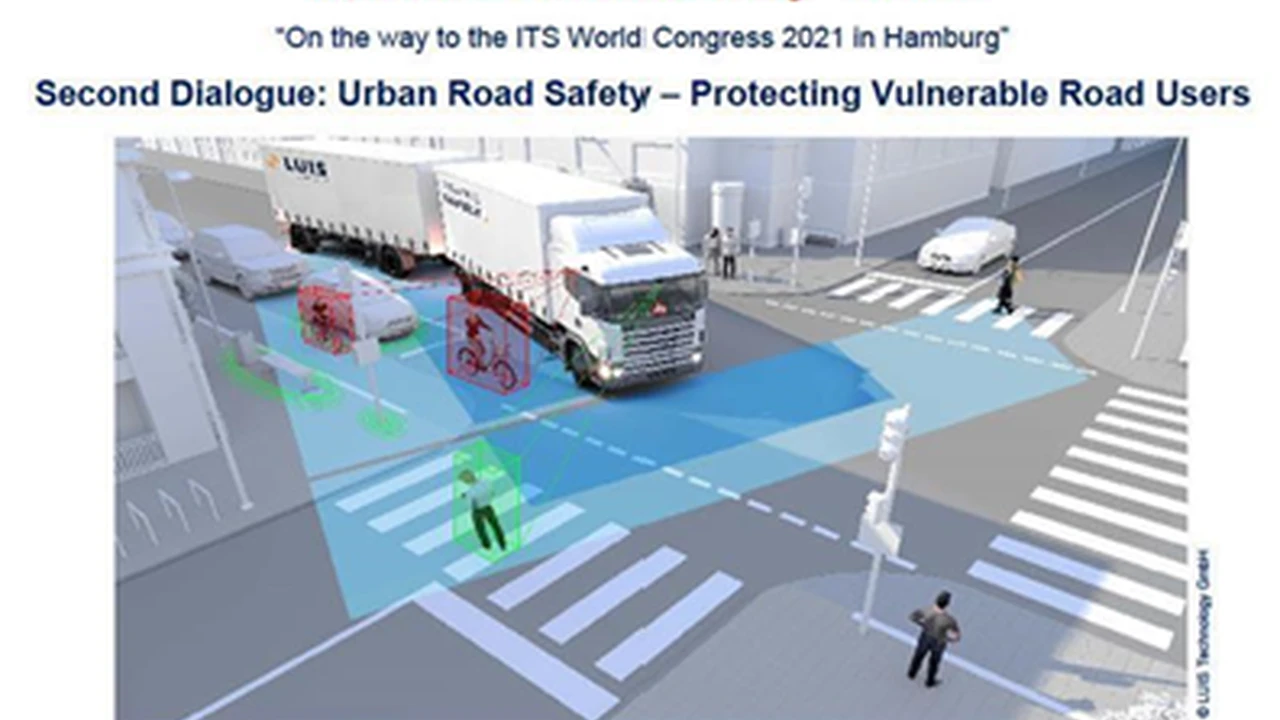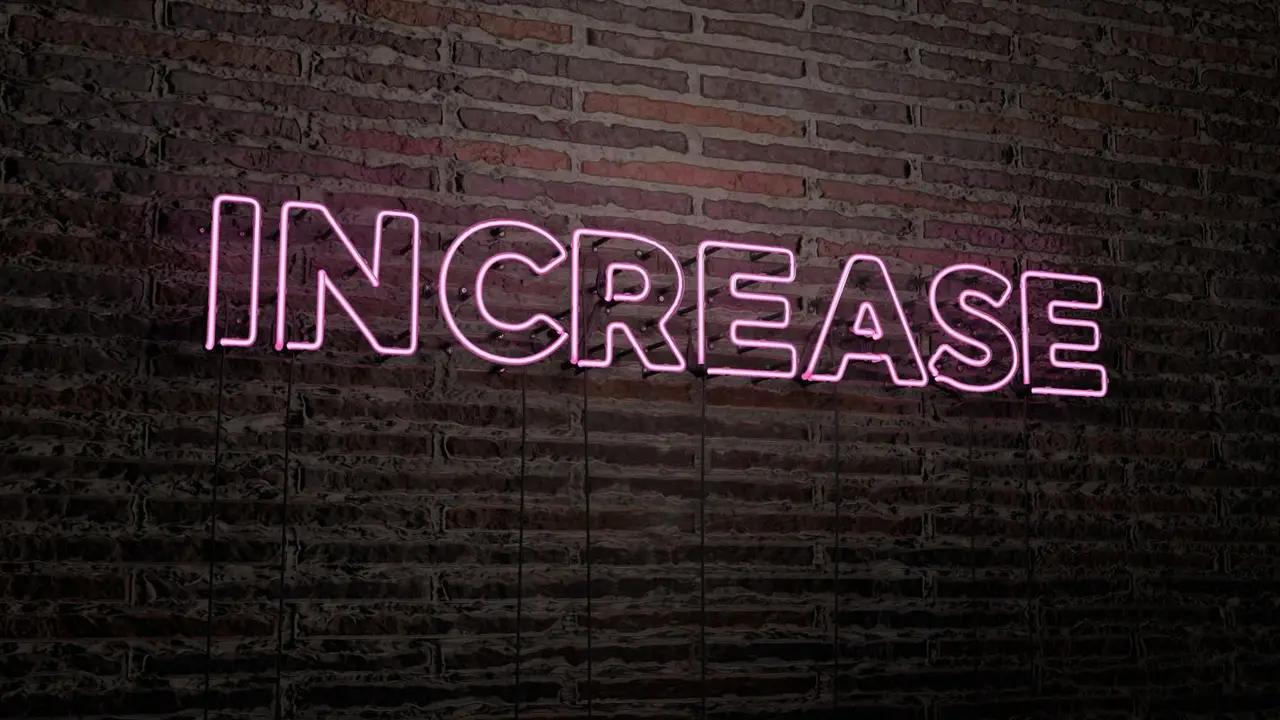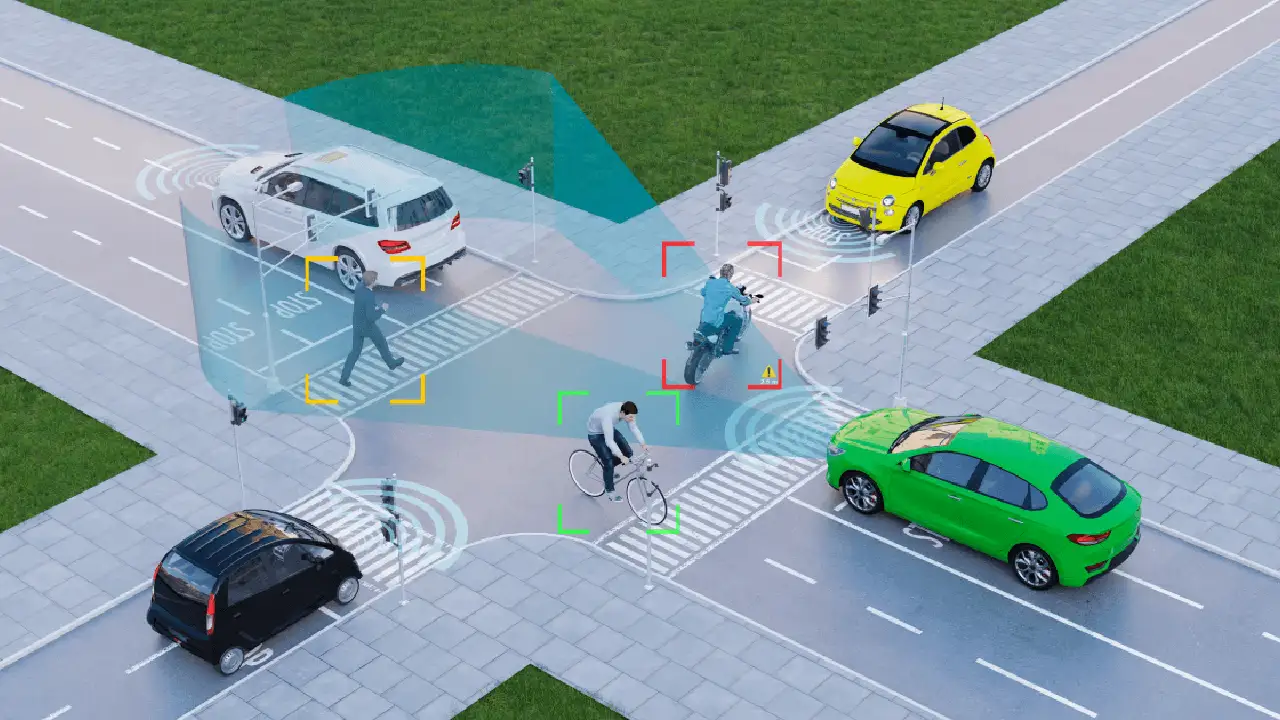The Psychological Impact of Car Accidents: Coping Strategies and Support

Car accidents are traumatic events. Even minor fender benders can leave lasting emotional scars. It's completely normal to experience a range of feelings after an accident, from anxiety and fear to anger and sadness. This article isn't just about acknowledging those feelings; it's about providing you with practical coping strategies and highlighting the support systems available to help you navigate this challenging time. We'll also delve into how legal considerations can intersect with your emotional wellbeing and offer some product recommendations to aid your recovery.
Understanding the Psychological Trauma of Car Accidents Understanding the Emotional Fallout
The psychological impact of a car accident can be profound. It's not just about the physical injuries; it's about the mental and emotional toll. Many people experience symptoms of Post-Traumatic Stress Disorder (PTSD) after an accident. These symptoms can include:
- Flashbacks: Reliving the accident as if it's happening again.
- Nightmares: Disturbing dreams related to the accident.
- Anxiety: Feeling anxious or on edge, especially when driving or in similar situations.
- Avoidance: Avoiding places or activities that remind you of the accident.
- Emotional Numbness: Feeling detached or emotionally numb.
- Hyperarousal: Being easily startled or having difficulty concentrating.
It's important to remember that everyone reacts differently to trauma. Some people may experience immediate symptoms, while others may not develop symptoms until weeks or even months after the accident. Don't minimize your feelings. What you're going through is real and valid.
Coping Strategies for Car Accident Survivors Practical Tools for Emotional Recovery
Fortunately, there are several effective coping strategies that can help you manage the psychological impact of a car accident:
- Seek Professional Help: Talking to a therapist or counselor can provide you with a safe space to process your emotions and develop healthy coping mechanisms. Cognitive Behavioral Therapy (CBT) and Eye Movement Desensitization and Reprocessing (EMDR) are two types of therapy that are often effective in treating PTSD. Don't be afraid to reach out; it's a sign of strength, not weakness.
- Practice Mindfulness and Relaxation Techniques: Techniques like deep breathing, meditation, and yoga can help you calm your nervous system and reduce anxiety. Apps like Headspace and Calm offer guided meditations that are easy to follow.
- Engage in Self-Care: Take care of your physical and emotional needs. Eat healthy foods, get enough sleep, and exercise regularly. Do things that you enjoy and that bring you joy.
- Connect with Your Support System: Talk to your family, friends, and loved ones about what you're going through. Sharing your experiences can help you feel less alone and more supported.
- Limit Exposure to Triggers: Avoid watching news reports or movies that depict car accidents. If driving is a trigger, consider taking public transportation or asking someone else to drive for a while.
- Journaling: Writing down your thoughts and feelings can be a helpful way to process your emotions and gain clarity.
The Intersection of Legal Considerations and Emotional Wellbeing Navigating Legalities While Healing
Dealing with the legal aftermath of a car accident can add to your stress and anxiety. Navigating insurance claims, legal proceedings, and potential lawsuits can be overwhelming, especially when you're already struggling with emotional trauma. Here's how legal considerations can impact your emotional wellbeing and what you can do to manage them:
- Financial Stress: Medical bills, vehicle repairs, and lost wages can create significant financial stress, which can exacerbate anxiety and depression.
- Legal Battles: Fighting for fair compensation can be a long and arduous process, leading to frustration and emotional exhaustion.
- Re-Traumatization: Having to recount the details of the accident to insurance companies, lawyers, and in court can be re-traumatizing.
To mitigate the emotional impact of legal proceedings:
- Hire an Experienced Attorney: A good attorney can handle the legal complexities of your case, allowing you to focus on your recovery. Look for someone who is compassionate and understanding of your emotional needs.
- Communicate Openly with Your Attorney: Keep your attorney informed about your emotional state and any challenges you're facing.
- Set Realistic Expectations: Understand that legal proceedings can take time and that there may be setbacks along the way.
- Prioritize Your Mental Health: Continue to engage in self-care activities and seek professional help if needed.
Support Systems for Car Accident Survivors Finding Your Tribe and Resources
You're not alone. There are many support systems available to help you cope with the psychological impact of a car accident:
- Therapists and Counselors: Mental health professionals can provide you with individual therapy, group therapy, and support groups.
- Support Groups: Connecting with other car accident survivors can provide you with a sense of community and understanding. Organizations like Mothers Against Drunk Driving (MADD) offer support groups for victims of drunk driving accidents.
- Online Forums and Communities: Online forums and communities can provide you with a safe space to share your experiences, ask questions, and connect with others who understand what you're going through.
- Family and Friends: Lean on your family and friends for support. Let them know what you need and how they can help.
- Crisis Hotlines: If you're feeling overwhelmed or suicidal, call a crisis hotline or seek immediate medical attention.
Product Recommendations for Emotional Wellbeing After a Car Accident Tools and Gadgets to Aid Recovery
While professional help and support systems are crucial, certain products can also contribute to your emotional wellbeing after a car accident. Here are a few recommendations, focusing on relaxation, stress reduction, and improved sleep:
Weighted Blankets for Anxiety Relief and Improved Sleep Deeper Sleep with Gentle Pressure
Product: YnM Weighted Blanket
Use Case: After a car accident, anxiety can make it difficult to relax and sleep. Weighted blankets provide deep pressure stimulation, which can help calm the nervous system and reduce anxiety. Use it while watching TV, reading, or sleeping.
Comparison: There are various weighted blankets on the market, ranging in weight and material. YnM is a popular brand known for its quality and durability. Other brands include Gravity Blanket and Luna Weighted Blanket. Consider the weight (typically 10% of your body weight), fabric (cotton or microfiber), and filling (glass beads or plastic pellets). Glass beads tend to be quieter and more evenly distributed.
Price: $50 - $150 depending on size and weight.
Aromatherapy Diffusers for Stress Reduction and Relaxation Creating a Calming Atmosphere
Product: URPOWER Essential Oil Diffuser
Use Case: Aromatherapy can be a powerful tool for stress reduction. Essential oils like lavender, chamomile, and sandalwood have calming properties. Use an aromatherapy diffuser to create a relaxing atmosphere in your home or office.
Comparison: There are two main types of diffusers: ultrasonic and nebulizing. Ultrasonic diffusers use water to create a mist, while nebulizing diffusers use air pressure to disperse the essential oils. Nebulizing diffusers are more potent but also more expensive. URPOWER is a popular ultrasonic diffuser known for its ease of use and affordable price. Other brands include Stadler Form and Vitruvi.
Price: $20 - $50.
Noise-Canceling Headphones for Peace and Quiet Blocking Out the World for Focus and Relaxation
Product: Sony WH-1000XM5
Use Case: Noise-canceling headphones can help you block out distractions and create a peaceful environment for relaxation, meditation, or focusing on work. They can be especially helpful if you're experiencing hyperarousal or difficulty concentrating.
Comparison: Sony and Bose are the leading brands in noise-canceling headphones. The Sony WH-1000XM5 offers excellent noise cancellation, comfort, and sound quality. The Bose QuietComfort 45 is another popular option. Consider features like battery life, comfort, and noise cancellation performance when making your choice.
Price: $300 - $400.
Light Therapy Lamps for Seasonal Affective Disorder (SAD) and Mood Boosting Brighten Your Day, Even Indoors
Product: Verilux HappyLight Liberty 7.5K
Use Case: While not directly related to car accidents, the stress and disruption to routine can exacerbate underlying mood issues, especially during winter months. Light therapy lamps mimic natural sunlight and can help boost mood and energy levels. Use it for 20-30 minutes each morning.
Comparison: Look for a lamp that emits 10,000 lux of light and filters out harmful UV rays. Verilux is a reputable brand known for its quality light therapy lamps. Other brands include Carex Health Brands and Northern Light Technologies. Consider the size, shape, and features (like adjustable brightness) when making your choice.
Price: $30-$70
Massage Tools for Muscle Tension and Stress Relief Relax and Release Tight Muscles
Product: Theragun Mini
Use Case: Car accidents can cause muscle tension and pain, which can contribute to stress and anxiety. A massage tool can help relieve muscle tension and promote relaxation. Use it on your neck, shoulders, back, or legs.
Comparison: Theragun is a well-known brand for percussive therapy devices. The Theragun Mini is a compact and portable option. Other options include massage balls, foam rollers, and electric massagers. Consider the intensity, size, and features when making your choice.
Price: $150-$200
Journaling Prompts and Guided Journals for Emotional Processing Reflect, Release, and Rebuild
Product: The Mindfulness Journal by Papier
Use Case: Journaling can be a powerful tool for processing emotions and gaining clarity. A guided journal provides prompts and exercises to help you explore your thoughts and feelings. Use it daily or whenever you feel overwhelmed.
Comparison: Many journaling options are available, from blank notebooks to structured guided journals. The Mindfulness Journal by Papier offers prompts specifically designed to promote mindfulness and emotional wellbeing. Other options include gratitude journals and self-discovery journals. Consider your personal preferences and needs when making your choice.
Price: $25-$40
Remember, these product recommendations are not a substitute for professional help. If you're struggling with the psychological impact of a car accident, please seek the guidance of a qualified mental health professional. These tools are simply aids to help you on your path to recovery.
:max_bytes(150000):strip_icc()/277019-baked-pork-chops-with-cream-of-mushroom-soup-DDMFS-beauty-4x3-BG-7505-5762b731cf30447d9cbbbbbf387beafa.jpg)






